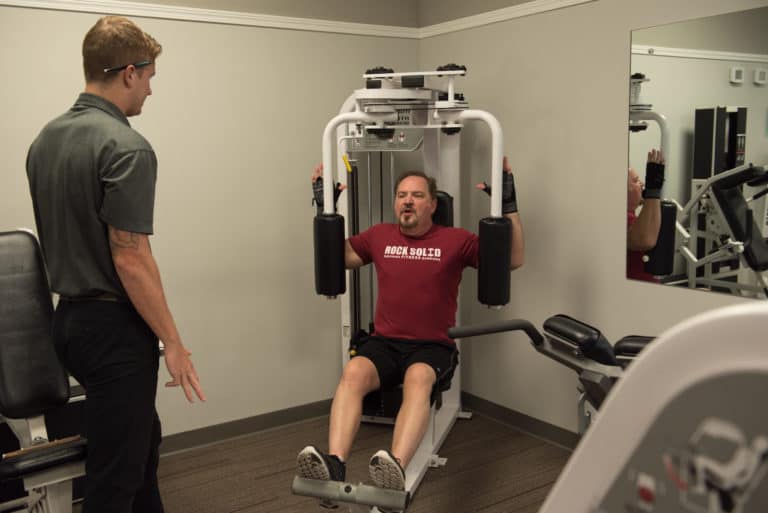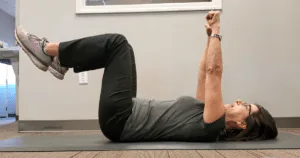Your exercise program plays a crucial role in keeping your immune system strong, healthy, and fully able to protect you from disease processes. In addition, a properly designed exercise program can boost your mood and self-confidence — as long as you don’t go overboard.
Exercise boosts immune cell function
When you engage in a 30-minute workout, muscle movement and an increased heart rate prompt immune cells to come out of their holding spots (e.g. lungs, spleen, lymph nodes).
Because of that, there are more immune cells — natural killer (NK) cells and macrophages, specifically — circulating, primed and ready to seek and destroy pathogens. This effect is short-lived, but it adds up over time to strengthen your body’s defenses, as explained by Dr. David Nieman in the May 2019 edition of the Journal of Sport and Health Science.
Exercising 30 to 60 minutes a day is enough to trigger this immune response, according to Dr. Nieman. Compared to staying sedentary, “this amount of exercise decreases sick days up to 50 percent,” he says, citing his research published in April 2011 in the American Journal of Lifestyle Medicine. Other studies have come to a similar conclusion – that less active people reported more sick days.
Increased breathing rate strengthens lung function
We all know by know how devastating respiratory infections and viruses can be, but staying active can make it easier to stay healthy. “Regular exercise has been shown to flush bacteria out of lungs and reduce respiratory infections,” according to Purvi Parikh, MD, an expert in infectious disease, allergy and immunology with NYU Langone Health in New York City.
Exercise Helps Reduce the Risk of Chronic Conditions
Performing an exercise program regularly also helps keep stress hormones at bay. This, in turn, can help protect you from diabetes, which is key, as that disease can leave you more vulnerable to getting sick in the first place, Dr. Parikh says.
Overdoing your exercise program has the opposite effect
The reality with exercise is that more isn’t always better. Exercising too long and/or too often can result in overtraining, which suppresses immune function and increases the likelihood of contracting an upper respiratory tract infection, according to a September 2012 review published in Sports Medicine.
Workout intensity and workout duration are inversely proportional. This means that as the intensity of effort increases, the amount of time that such an effort can be sustained will proportionately decrease. It is literally impossible for a human being to sustain 100% intensity for prolonged periods of time without suffering the detrimental effects of overtraining.
So if you’re hoping to start an exercise program in the hopes of bolstering your immune system, be strategic. Start at an appropriate level of intensity; progress at a comfortable pace, stay consistent, and if you start feeling run down, take a few days off.
Not sure how to get started on an exercise program? Our expert Coaches at Rock Solid Fitness will help you get going on a safe, individualized strength training program. We offer one-on-one training in our private studio and are fully CDC compliant.







